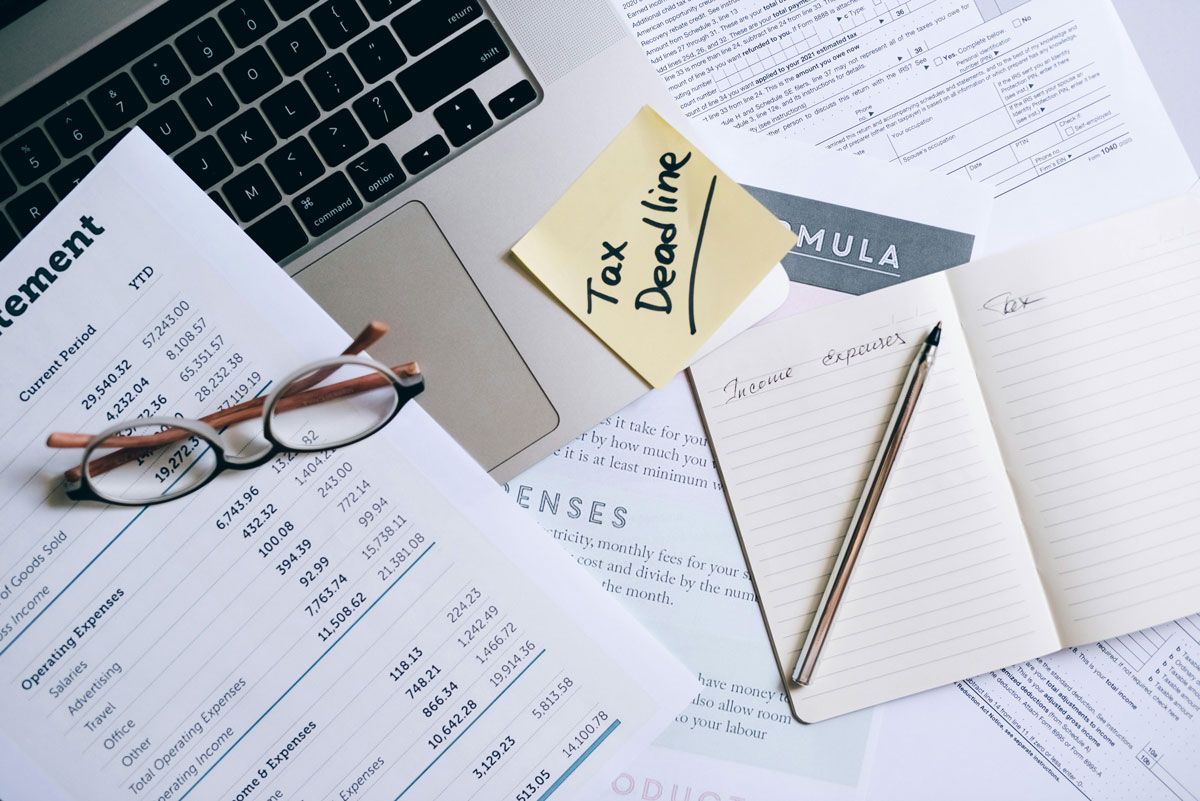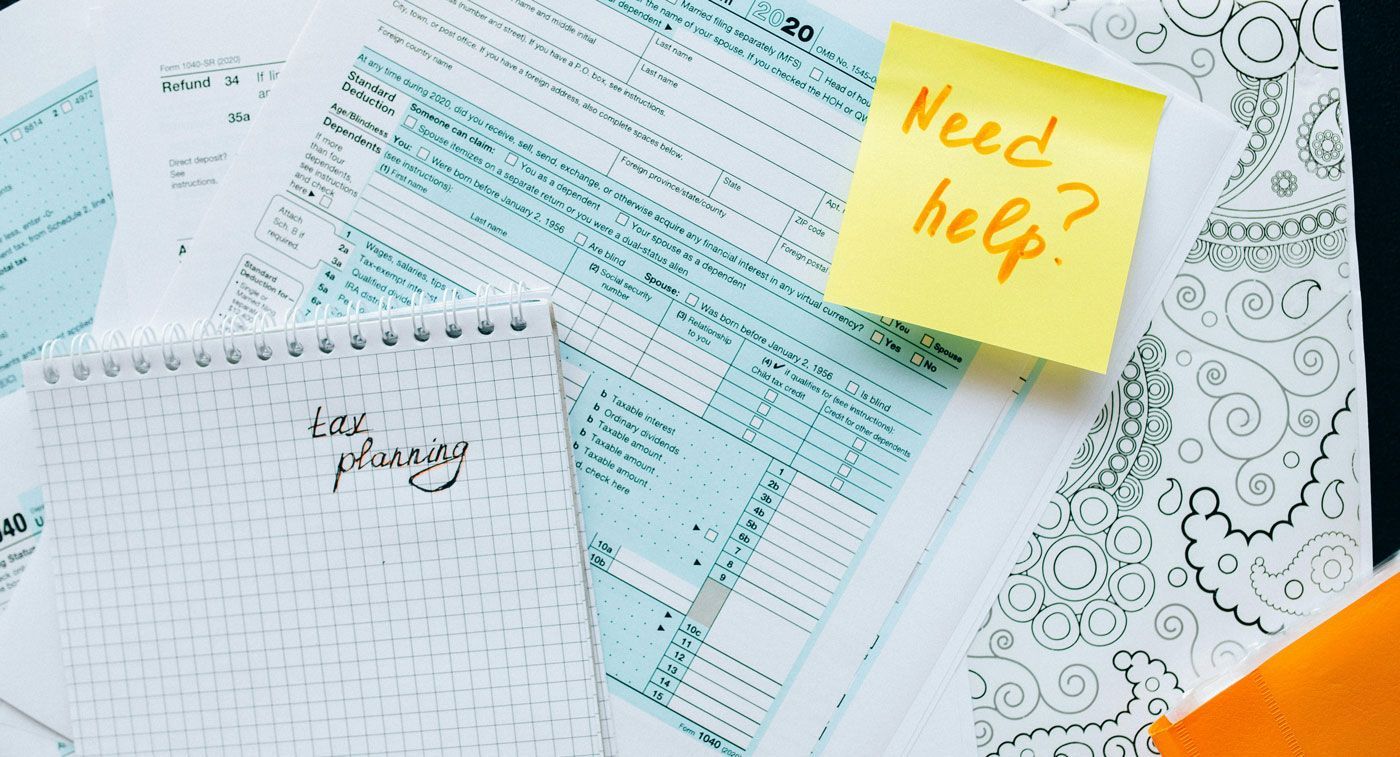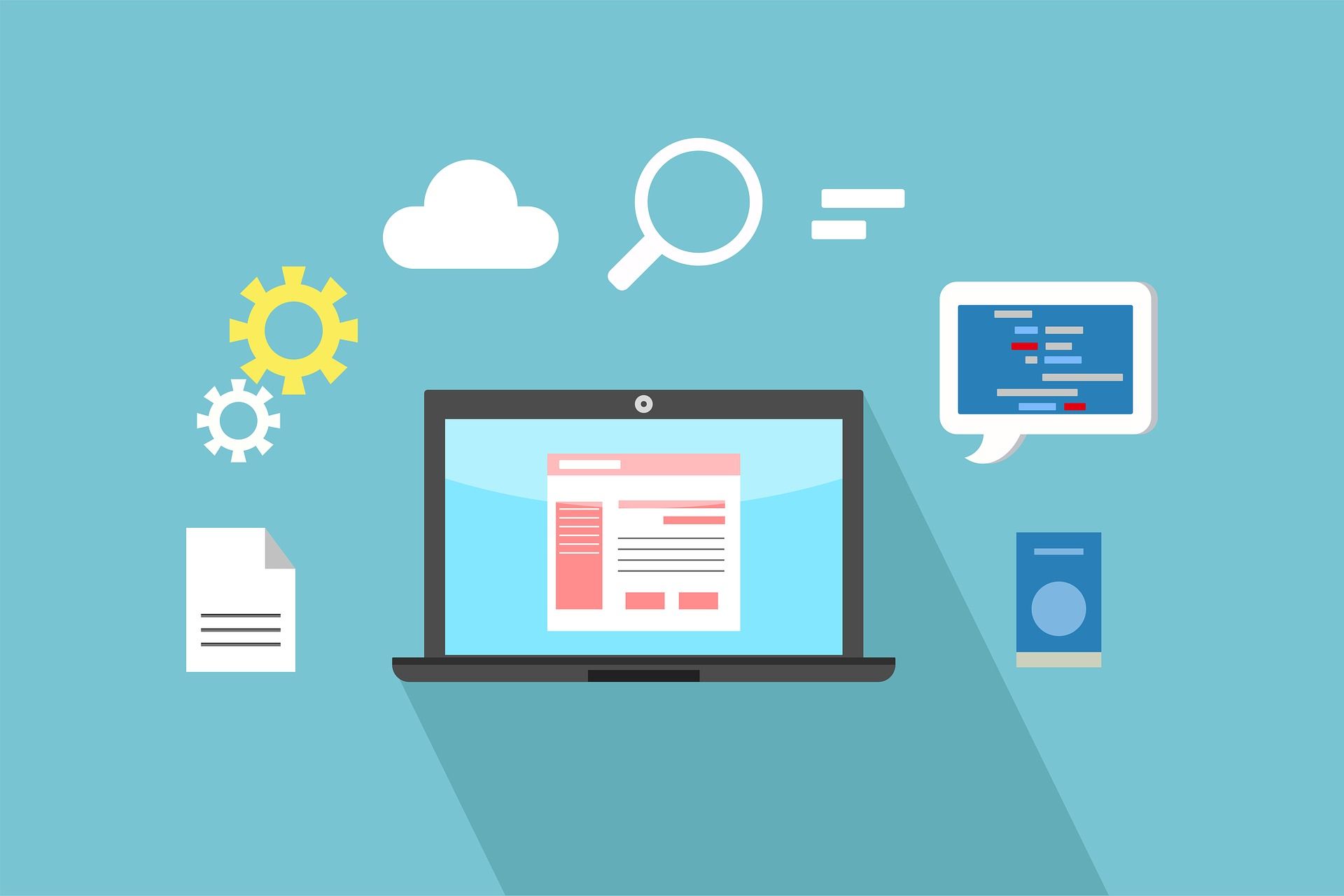Can You Use Bank Statements Instead of Receipts?
Can You Use Bank Statements Instead of Receipts?
What Every Small Business Owner Should Know About Recordkeeping
If you run a small business, you’ve probably faced the endless pile of receipts that seem to multiply faster than your morning coffee can keep up. Between lunches with clients, gas station stops, and last-minute supply runs, keeping track of it all can feel overwhelming. It’s no surprise many business owners ask, “Can I just use my bank statements instead of keeping every single receipt?”
It’s a fair question — and one that deserves a clear answer. The truth is, while bank and credit card statements are important, they can’t take the place of receipts when it comes to proper bookkeeping and tax compliance.
Let’s break down why that’s the case and how you can simplify your recordkeeping without losing sleep (or receipts) along the way.
Why Bank Statements Alone Aren’t Enough
Think of your bank statement as a snapshot of your financial activity — it shows who you paid, when, and how much. But what it doesn’t show is what you actually bought. And that’s a big deal to the IRS.
For instance, a $95 charge at Office Depot might have been for printer ink, which is deductible, or a new chair for your home office, which might not be fully deductible. Likewise, a $75 dinner charge could be a legitimate client meeting or a casual night out. The IRS doesn’t just want proof that money was spent — they want to know what it was spent on and why it relates to your business.
That level of detail comes only from receipts or invoices. Without them, your deductions could be questioned or even disallowed during an audit.
So, while your bank statement supports your recordkeeping, it can’t tell the full story on its own.
What Actually Counts as a Receipt
A receipt isn’t just a slip of paper you shove into your glove box. It’s any record that shows the vendor’s name, the date, the amount, and a description of what you purchased. These days, receipts can take many forms — a printed version handed to you at checkout, a digital receipt in your email inbox, or even a photo of a paper receipt stored in the cloud.
The good news is that digital copies are completely acceptable in the eyes of the IRS. As long as the image is clear and legible, and you can produce it if asked, it’s as good as the original. You can even jot down a short note about the business purpose (“Lunch with client to discuss new project”) right on the digital file.
The key is that the record is complete, readable, and organized enough to access when needed.
How Long Should You Keep Receipts?
The general rule of thumb is to keep your business receipts for at least three years after you file your tax return. That’s the standard audit window. But there are exceptions. For example, you might hold on to asset-related records, like equipment or vehicle purchases, for as long as you own the item plus three years after you sell or dispose of it. Tax returns themselves are worth saving for seven years, and payroll records should be kept for at least four.
If you’re not sure whether to toss something, it’s usually better to keep it — especially if you’ve gone digital. Cloud storage is cheap, searchable, and infinitely easier than digging through old boxes in your office closet.
Making Receipt Management Easy
Here’s the good news: keeping up with receipts doesn’t have to be a hassle. The key is to make it part of your regular routine and to lean on a few tools that make your life easier.
Start by going digital. Apps like QuickBooks, Dext, and Expensify allow you to snap a photo of a receipt right from your phone and automatically upload it to your bookkeeping system. No more shoeboxes or manila folders — everything is safely stored and searchable online.
It also helps to stay consistent. Set aside a few minutes once a week to upload or review your receipts and match them with your transactions. You’ll thank yourself at tax time.
And remember, technology is your friend here. Cloud storage tools like Google Drive or Dropbox can serve as a backup, ensuring you’ll never lose important records to a coffee spill or a misplaced envelope.
When Bank Statements Are Useful
That’s not to say bank statements aren’t important — they definitely are. They provide a broad view of your cash flow, help you reconcile your books each month, and verify that payments were actually made or received.
They’re also handy as backup evidence if you ever lose a receipt. For example, if you can’t find a digital or paper copy, you can use the transaction on your bank statement as supporting proof, along with a short note explaining what the purchase was for. It won’t be as strong as having the original receipt, but it’s far better than having nothing.
Common Recordkeeping Mistakes (and How to Avoid Them)
Many small business owners run into problems simply because they don’t have a system in place. Tossing receipts too soon, relying on personal bank accounts for business purchases, or ignoring digital receipts that arrive by email — all of these can lead to headaches later.
Another common mistake is not recording the business purpose of an expense. It takes just a few seconds to jot down why something was purchased, but that small detail can make a big difference if your books are ever reviewed.
And perhaps the biggest mistake of all? Waiting until tax season to get organized. Reconstructing a year’s worth of spending in March is stressful, time-consuming, and often inaccurate. Staying on top of it a little at a time makes everything smoother and saves you money when it’s time to file.
FAQs About Receipts and Recordkeeping
Can I throw away paper receipts after scanning them?
Yes. Once you’ve scanned or photographed your receipts clearly and backed them up securely, you can toss the paper copies.
Are digital receipts valid for taxes?
They are. The IRS accepts digital copies as long as they include the vendor name, amount, date, and business purpose — and are easy to retrieve if requested.
What happens if I lose a receipt?
You can use your bank or credit card statement as supporting proof, along with a note about what the purchase was for. It’s not ideal, but it’s better than nothing.
Do I really need to keep every receipt?
Yes, if it relates to your business. Even small purchases can add up to valuable deductions and should be documented.
The Bottom Line
Bank statements are a helpful piece of your financial recordkeeping, but they don’t tell the whole story. To stay compliant — and confident — you need both: receipts that show what was purchased and statements that show how it was paid. Together, they give you a clear, complete view of your business finances.
The good news is that with a little structure and the right tools, managing receipts doesn’t have to be a chore. Going digital, setting a simple routine, and keeping records organized can save you hours of frustration later.
If you’d like help setting up an easy, organized system that keeps your books tax-ready all year long, schedule a consultation with me (Wendy) at Right on the Money Bookkeeping, LLC www.rightonthemoney.co. I’ll help you streamline your bookkeeping and make tax season a whole lot less stressful.









